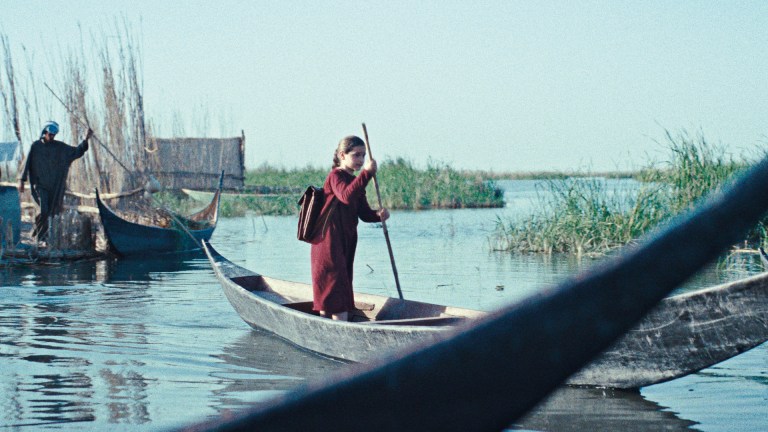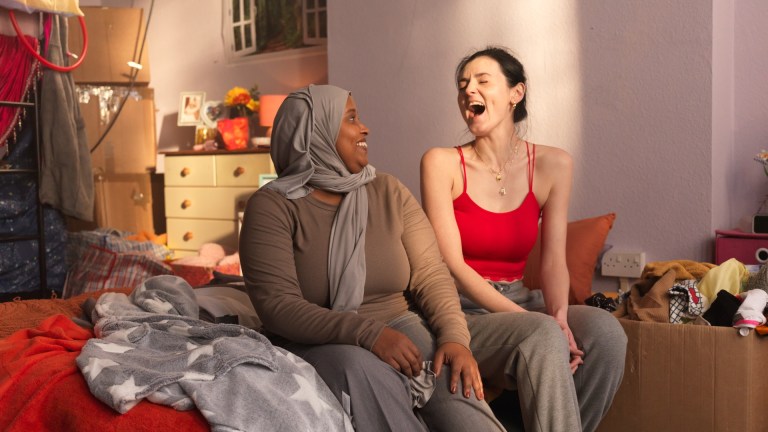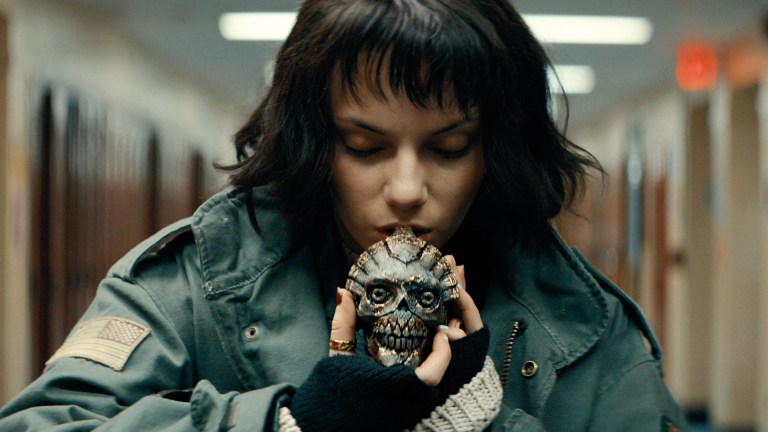In the Fade comes to a close with a title card, conveying some sobering facts. Set in contemporary Hamburg, writer-director Fatih Akin’s new film is a work of fiction, but it signs off with stark reference to real-life events in modern Germany: the tally of people from an immigrant background murdered by neo-Nazis because of their ‘non-German origins’.
This information is relevant because In the Fade is a fictionalised account of exactly this kind of attack. It’s not a perfect movie – Akin pitches it as a thriller but it lacks the propulsive narrative energy to work on those terms. Still there is an unanswerable force to this angry, unblinking depiction of the consequences of far-right violence in Europe today.
There’s also the matter of the central performance by Diane Kruger. In her first German-language role, Kruger is extraordinary as Katja, wife of Kurdish-born Nuri (Numan Acar), who is killed along with their young son Rocco in a bomb attack by neo-Nazis. Winning the Best Actress honours at Cannes last year, Kruger is fiercely compelling and moving in the role, an ordinarily happy wife and mother whose life is suddenly overwhelmed with feelings of raw grief and cool, determined revenge.
That transformation comes when she returns to Nuri’s office, where she left him and Rocco for an evening at a spa with her friend. She finds the road closed off, filled with police and ambulances, and in a sharp moment of realisation, Katja comes to understand that Nuri’s office has been bombed. Akin’s camera sticks close to Katja as the news progressively worsens that night. A few hours later the Hamburg police are informing her, with mournful formality, that the bodies found on the scene belong to Nuri and Rocco.
Kruger is fiercely compelling, an ordinarily happy wife and mother suddenly overwhelmed with feelings of raw grief and cool, determined revenge
The police assume a drug motive. Nuri had a record for dealing and the cops speculate gangs from Eastern Europe are responsible. Katja is quick to blame this impulse by the authorities to pin the blame on immigrants as reflex racism. In passing she mentions studying German history at university but she doesn’t need to reach into the past to understand the ugly, intolerant forces at work in her country today – being the German-born wife to a Kurdish man, she’s experienced enough prejudice directly.










